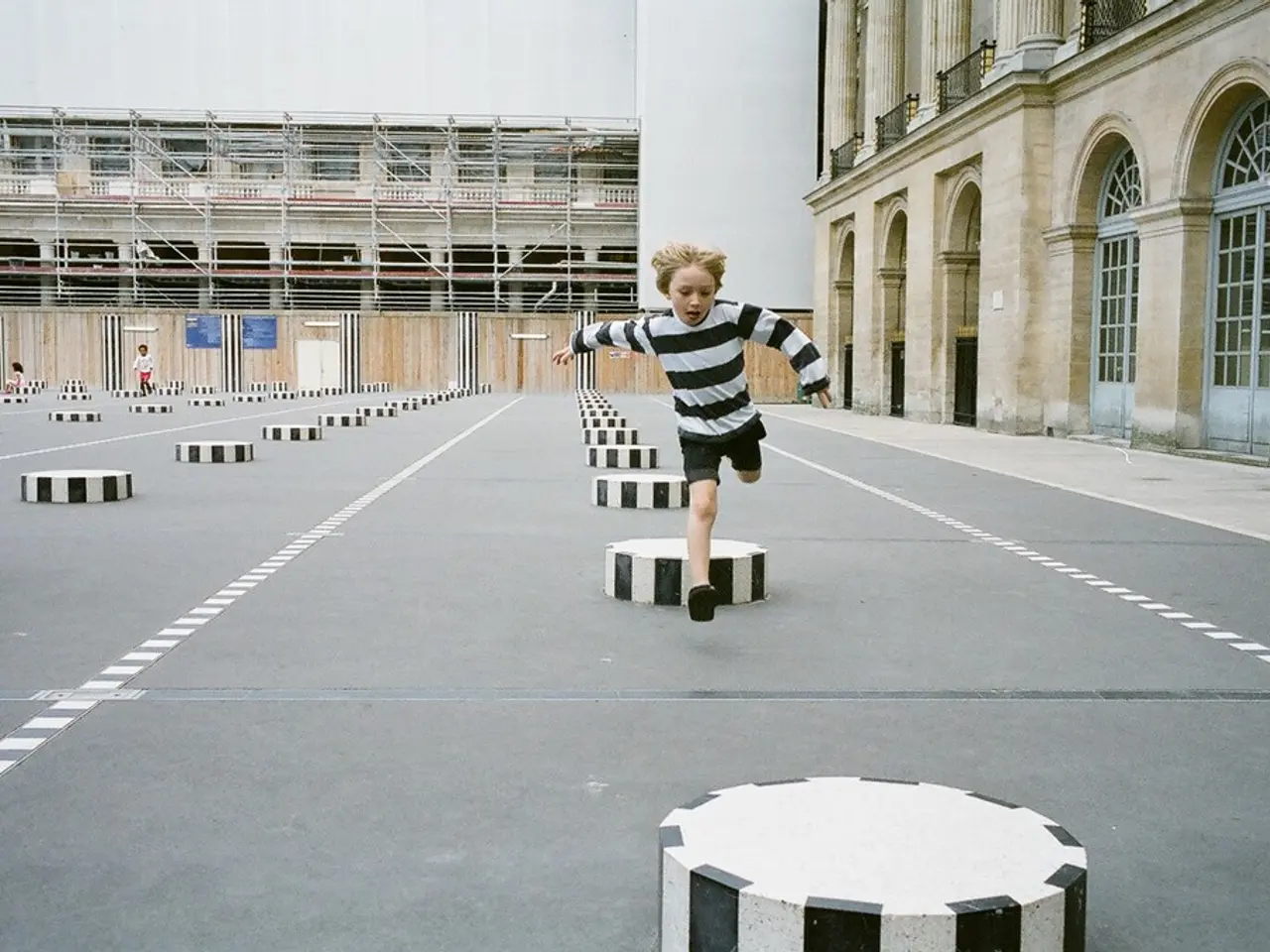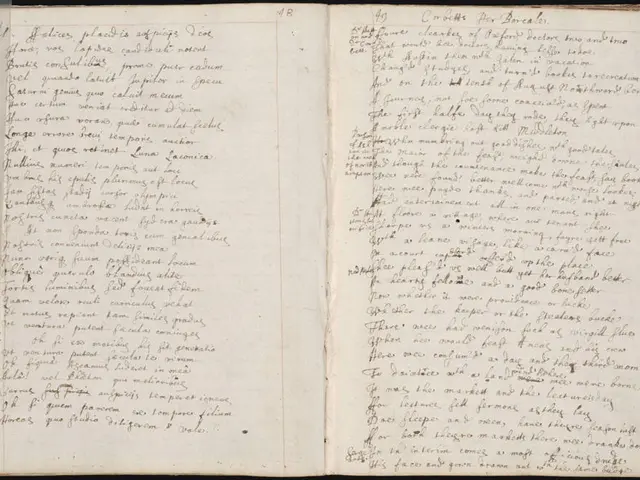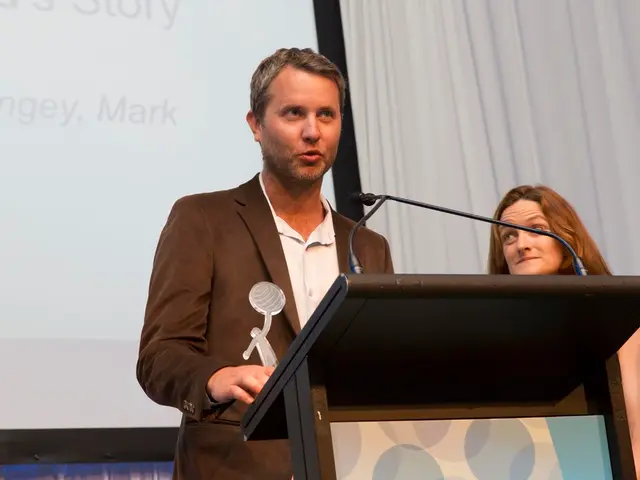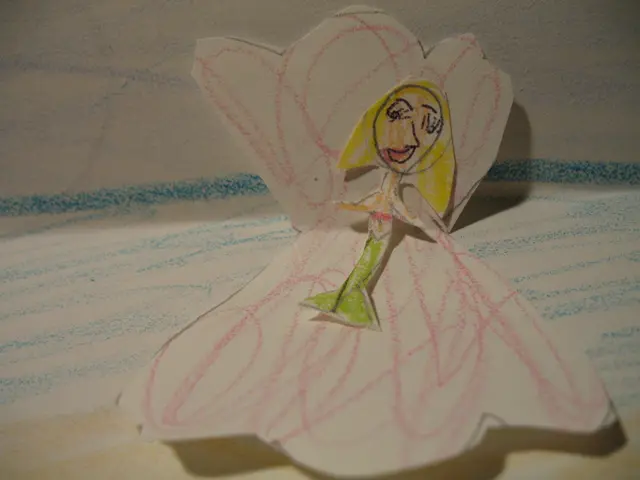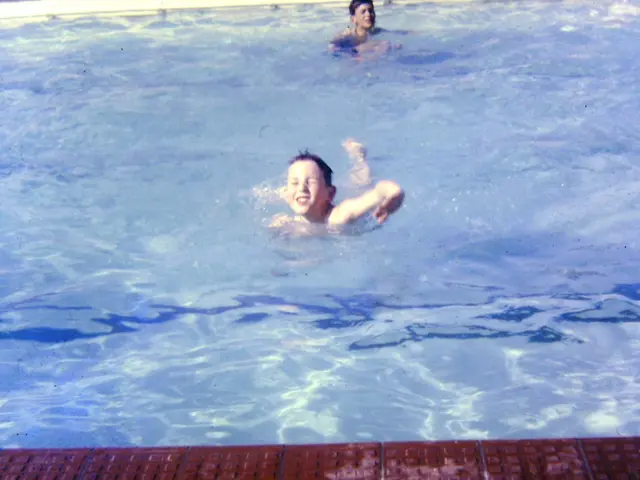Discovering the Magic of Montessori at Museo dei Bambini
Montessori Method Shines: Emphasis on Autonomy, Concentration, and Authentic Learning Materials
Nestled in the heart of a vibrant city, Museo dei Bambini offers a unique educational experience inspired by the Montessori method. This approach, developed by Italian physician Maria Montessori in the early 20th century, emphasizes a child-centered environment where learning is self-directed and hands-on.
At Museo dei Bambini, visitors can witness the Montessori principles in action. The museum's exhibits, such as the Magnet Maze, Mini Trail Blazer, and Builder's Bench, are designed to promote focus, concentration, and self-correction. Children are given the freedom to explore and choose activities, fostering autonomy and a genuine love for learning.
The Magnet Maze, for example, allows children to use handheld magnets to guide metal balls through a series of channels and mazes. This quiet, focused activity encourages children to think critically and solve problems, reflecting the Montessori belief in repetition as a path to mastery.
Meanwhile, the Builder's Bench offers children the opportunity to use real tools to construct simple projects. This activity not only develops fine motor skills, hand-eye coordination, and a sense of mastery, but also encourages children to work independently and take pride in their creations.
Museo dei Bambini also caters to even the youngest visitors with the STEM Baby Library. Here, materials are arranged by size, color, and texture for exploration of patterns, order, and cause and effect. This early introduction to Montessori learning supports the development of executive function skills, such as flexible thinking and self-control.
Studies have shown the benefits of Montessori education. A 2006 study conducted by researchers at the University of Virginia found that Montessori students exhibited advanced executive function skills compared to peers in traditional educational settings. A 2019 study published in PLOS ONE highlighted the link between Montessori education and enhanced creativity, which in turn supports academic achievement.
Moreover, a 2022 study published in Child Development evaluated the Preschool Safe Space program, a Montessori-based early childhood education initiative for marginalized girls in rural Nigeria, and reported significant improvements in school readiness across multiple domains.
The Montessori method is not just about academic success. It's about preparing children for life, building the foundation for resilience, focus, and self-confidence. By allowing children to choose their own tasks, solve real problems, and feel pride in their work, the Montessori method fosters independence, self-discipline, and a lifelong love of learning.
The principles of the Montessori method—respect for the child's natural development, freedom of choice and movement, prepared environment, hands-on learning with specialized materials, auto-education and self-correction, holistic learning, mixed-age classrooms, observation without interference, sensitive periods and the absorbent mind—aim to create a supportive environment that encourages children to learn at their own pace and develop into independent, curious, and self-motivated individuals.
Whether you're a parent, educator, or simply a curious visitor, a trip to Museo dei Bambini offers a glimpse into the transformative power of the Montessori method. By bringing the Montessori mindset home, families can foster a love of learning and independence in their children, encouraging them to grow into confident, self-reliant individuals.
Resources for further learning about Montessori education include the American Montessori Society, The Montessori Notebook, Montessori and the Brain, Frontiers in Psychology, and Science Magazine. Embrace the Montessori method and watch your child's potential blossom.
- A visit to Museo dei Bambini, a museum dedicated to children, offers an immersive experience in science, education-and-self-development, as it incorporates the Montessori approach, emphasizing STEM activities and hands-on learning.
- The Montessori method, evident at Museo dei Bambini, extends beyond lifestyle choices, impacting an individual's cognitive growth and self-confidence, as demonstrated by numerous studies emphasizing benefits like advanced executive function skills, enhanced creativity, and improved school readiness.
